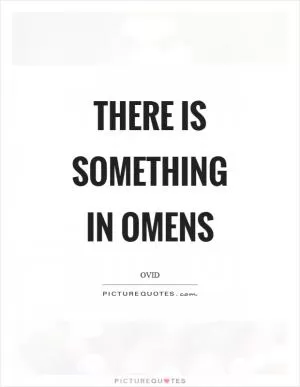Many women long for what eludes them, and like not what is offered them

Many women long for what eludes them, and like not what is offered them
In the context of Ovid's words, "Many women long for what eludes them, and like not what is offered them," we can see a reflection of the complexities of desire and satisfaction in human relationships. Ovid, a Roman poet known for his works on love and desire, often explored the themes of unrequited love, longing, and the fickle nature of human emotions. In this particular quote, Ovid seems to be highlighting the paradoxical nature of women's desires – they long for something that is out of reach, while simultaneously rejecting what is readily available to them.The idea that many women long for what eludes them can be seen as a commentary on the nature of desire itself. Human beings are often drawn to the unattainable, the forbidden, or the elusive. This can manifest in various ways – from romantic relationships to material possessions to personal goals. Women, in particular, may feel societal pressure to conform to certain standards of beauty, success, or relationships, leading them to desire things that may be unattainable or unrealistic.
On the other hand, the notion that women may not like what is offered to them speaks to the idea of dissatisfaction and unfulfilled expectations. Ovid may be suggesting that women, like all humans, are prone to wanting more than what is readily available to them. This could be due to a variety of factors – societal conditioning, personal insecurities, or simply a desire for something different or better.
Overall, Ovid's words serve as a reminder of the complexities of human desire and the often contradictory nature of our emotions. Women, like all individuals, may find themselves torn between what they long for and what is actually within their grasp. This tension between desire and reality is a common theme in Ovid's works and continues to resonate with readers today.












 Friendship Quotes
Friendship Quotes Love Quotes
Love Quotes Life Quotes
Life Quotes Funny Quotes
Funny Quotes Motivational Quotes
Motivational Quotes Inspirational Quotes
Inspirational Quotes